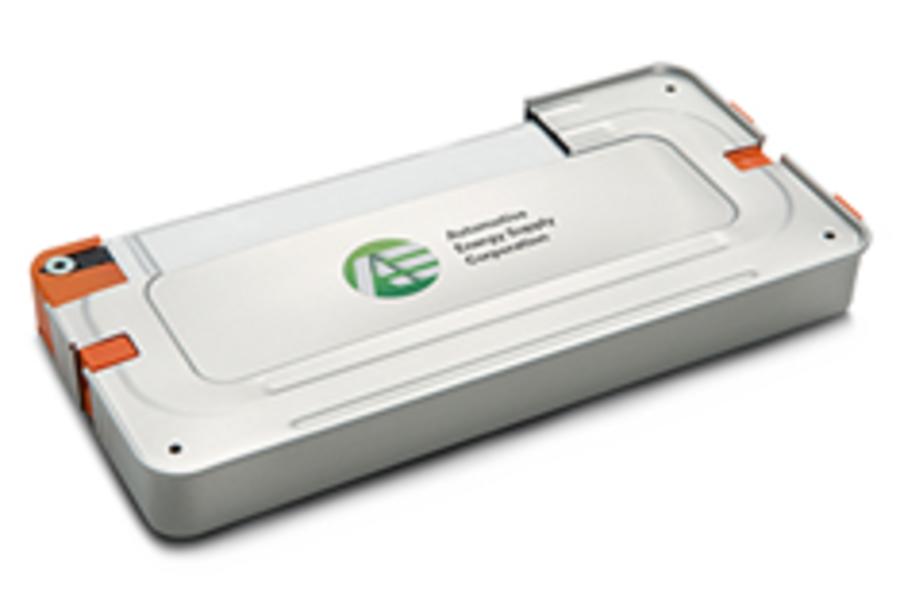Nissan has released more details about its electric car, which will be unveiled as a concept car in Yokohama on 2 August.
Nissan's will show the concept car at the opening of its new World HQ, with a more production based version being shown at October's Tokyo motor show.
Production will start in late 2010 in Japan, ramping up to full production by 2012, both in Japan and the US. However, Nissan has said other nations could also get the critical new zero-emissions car.
More details have emerged about the lithium ion battery pack that will power the car and its new rear-drive hybrids, also due in 2010. The battery pack could also be used in future Nissan's new fuel cell models, too.
See all the latest Nissant reviews, news and video
Nissan is forging ahead with lithium ion technology that it's been working on since the early 1990s.
Even at that time, Nissan was convinced Li-ion was a better solution than nickel metal hydride, which are now found in the Toyota Prius and Honda Insight, says Dr Hideaki Horie, engineering director of Nissan's Next Generation Battery Group in Kanagawa.
Nissan worked first with Sony and now NEC on lithium ion technology, and says it offers clear advantages of power, range and weight.
"We are so confident of our technology," said Nissan's Dr Horie. "We are confident about the robustness of our battery."
However, Honda and Toyota are still wary of commiting to full scale lithium ion production as a result of fires caused when the technology has been applied to laptop computers. This is because lithium ion batteries are not yet as durable or stable as nickel metal hydride batteries, especially if overheated or charged at an excessively high voltage.
Lithium ion batteries also have a greater internal resistance than nickel metal hydride, which can cause the voltage supply to drop rapidly, rendering them useless.
Dr Horie says Nissan has been rigorously testing lithium ion for over 10 years, with 80 per cent of R&D effort going to ensure the battery's safe and stable.
Nissan is planning three or four different versions of its lithium ion battery pack depending on whether it's for an EV, hybrid or fuel cell car.
For the new global EV, which initial reports suggest will be a medium sized five-door hatchback, the idea is to price the car, without the battery, at a level comparable with a conventional car, then for buyers to lease the battery.
At the outset, the working driving range per charge will be around 100 miles.





Add your comment